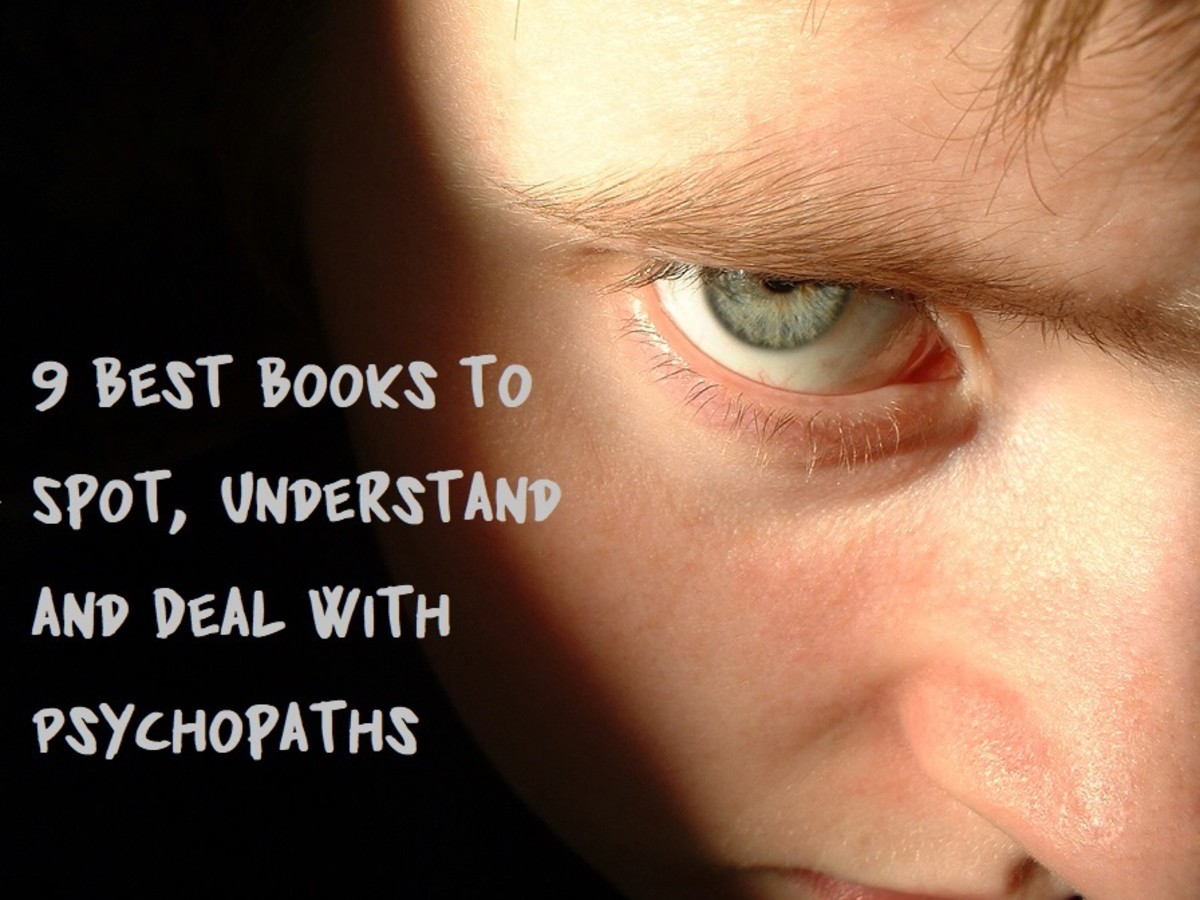Authenticity, Fear, and Authorship: Let Your Audience Know the Real You

Let's talk about the imperatives of developing authenticity in your communications as an author. As writers, we all know all about the importance of finding one's voice as a writer. As an author, it's just as essential to find one's voice as a marketer. Your tone, attitude, and approach as a marketer set the tone, attitude, and approach your potential readers expect from you as an author.
Likewise, your work as an author sets your audience's expectations of you as a person. If you're being true to yourself and your craft, the two should align. This means, in addition to being yourself in your writing, the oft-times more daunting challenge of learning to be yourself in public relations and in business communications, too. But there's just as much art to this delicate mix, especially if "yourself" is the kind of person who maybe tends to respond a little hysterically to criticism instead of thinking through a constructive response.
Even at our best, most of us don't care for this part too much, do we? Even though we have this inner drive to share our words with the world, we don't actually like to be in the spotlight, and we don't really feel comfortable drawing attention to ourselves or our accomplishments. There's a reason we're writers, not speakers: we want our work to speak for us.
But that comes later. First, we get the world to listen. Then we persuade the world to read.
Once you decide you do, in fact, want readers, the game is on. It's time to start winning them over, one by one. As Michael Hyatt, former chairman and CEO of Thomas Nelson Publishers, discusses in his book Platform: Get Noticed in a Noisy World, you're building your platform one message at a time, and you're building your audience one reader at a time. Every potential reader is judging your character by every broadcast from you and every interaction with you, whether or not he or she even consciously realizes it.
You're judged not only by the premeditated character you project to the world at large through your marketing communications but also by the on-the-spot character you reveal when it's just you and some guy in an offline conversation. You never know who might become your next #1 fan... or who might tear you to shreds in an Amazon review if you snub a direct message on Twitter.

That's why part of the reason I nag so much about authenticity as an author is this: it's not just about what you write. It's about what you say and do, too. Your book might be made of pure gold, but if you're a jerk, you'll be known for being a jerk, not for writing an awesome book. What's said in private is just as important as what's said in public... especially since these days, in an online world, what's said in private can become public in no time flat.
When you conduct yourself and your communications with integrity - when you're always moving with direction and purpose toward the vision you see for yourself as an author - not only do you never have to fear any unfortunate late-night, drunken email rant about your numbskull editor showing up on someone's Huffington Post blog, but you also let your readers and your professional circles get to know who you are as a person. And that level of familiarity, more than anything, lends itself naturally to a return-reader relationship.
After all, for every bit of practical, sensible sales advice in the world, we authors have a special emotional advantage when it comes to making connections with consumers: books touch people on a personal level.
As an author, you give a piece of yourself to your readers, and you offer an opportunity for your readers to find themselves. It's an intimate exchange performed in private between individual and paper. Yes, it's intimidating, uncomfortable, and downright scary to open up and talk about your work in public. Yes, you become vulnerable when others hold a piece of your heart in their hands.
And when others approach you to discuss that piece of your heart, they're looking for the person who shared it. They're looking for a continuation of the conversation they started with you when they read your book. If you can't be yourself, you're in trouble. If you don't sound like you, your readers won't trust you. If you're selling me something you don't believe in, you'll never get me back.
That's why I want you to believe in your work and believe in yourself. That's why authenticity as an author is so crucial to your platform as an author. Authenticity doesn't mean never again being afraid to be yourself. It means tapping into the wild, crazy faith to be yourself even when you don't even know what that means yet. Sun Stand Still author Stephen Furtick talks about taking action when we're 55% sure; do you have that kind of nerve?
As a former horror fiction author, I was moved to write a novel in the most unpopular, unmarketable genre out there, and even in my circles, I was most frequently called upon to answer the question, "Why would you write something like that?"
Well, because that was the book that was in me at the time. But most consumers won't buy a book based on that preface alone.
For a potential reader, depending on age, gender, geography, and other relevant demographics, my last novel might have been a story about overcoming addiction, coming to terms with abuse and abandonment, and finding faith under impossible circumstances, or it might have been a story about two dudes who drive a fast car and outrun the FBI while killing vampires on Indian reservations. Marketing is all about making a product relevant to a target audience. At my peak, I could market my novel to half a dozen different target audiences at the drop of a hat.
Now, not only was my book composed of questionable subject material that makes good people frown, but it was also exceptionally personal to me. I wrote, rewrote, revised, and published that book during the most traumatic and transformative period of my life. So there was a lot of me in that book. I bared a lot of my soul in there, as ugly and objectionable as my soul was at that time. And it took a lot of practice for me to be able to share that book with the world without batting an eye.
"Here you go... here are my most intimate fears, struggles, and weaknesses. You and I can get to know each other later."
But what was so personal about my last novel was what made it so uniquely and authentically mine. It was what granted me, as an author, a compelling story about why I wrote it and why it was important to me. The story of the book added depth to the story in the book, weaving multiple layers for my readers and I to relate together around the book. When my readers talk to me, they know I'm real. They know the person who wrote my book because they read the book, and they know me when they meet me because I'm the same person.

It takes work. It doesn't come naturally. Doesn't that seem strange? It takes so much effort to be ourselves. It's so much easier for us to pretend and embellish and hide. Authenticity, on the other hand, takes time and intentionality and practice.
See, I'm not talking about trying to be what I think you might expect or want me to be. That's where a lot of authors go wrong in marketing. It's an easy error perpetuated by traditional publishing models, and it's hard to right the course once the precedent has been set. Sure, lessons learned by mistake build character, but hey, wouldn't you rather be the one who has the fortitude and the foresight to pick the direction that's right for you to begin with? Wouldn't you rather your readers find you based on who you are, not who they think you should be?
Of course, self-knowledge is relative. People change. I don't like to say the F-word anymore. I never thought I'd see the day. It was a part of me when I published my last novel. It's not a part of me anymore. Such is life. I'm still me.
Today, I'm me on purpose.
That way, I always know what you're going to get from me. And no matter where or how you encounter me for the first time, whether you read my book or my blog or we cross paths on Facebook or Twitter or we run into each other on the street somewhere or I buy my groceries from you at Wal-Mart, you always get me. No pretenses, no see-through sales spiels, no rings around the rosies. Just me. As Popeye so emphatically stated, "I am what I am, and that's all that I am."
With humility comes peace of mind, and humility need not be born of humiliation. You can get it from just getting to know yourself and letting God shape you, too. As we journey this path together, I'll share some of my real-world examples and lessons learned in public relations, business communications, and how to play well with others.
In the meantime, how does your book reflect you as a person? How do you reflect your book as an extension of you? What makes your story compelling? How do you relate with your readers? How does your audience get to know the real you?









